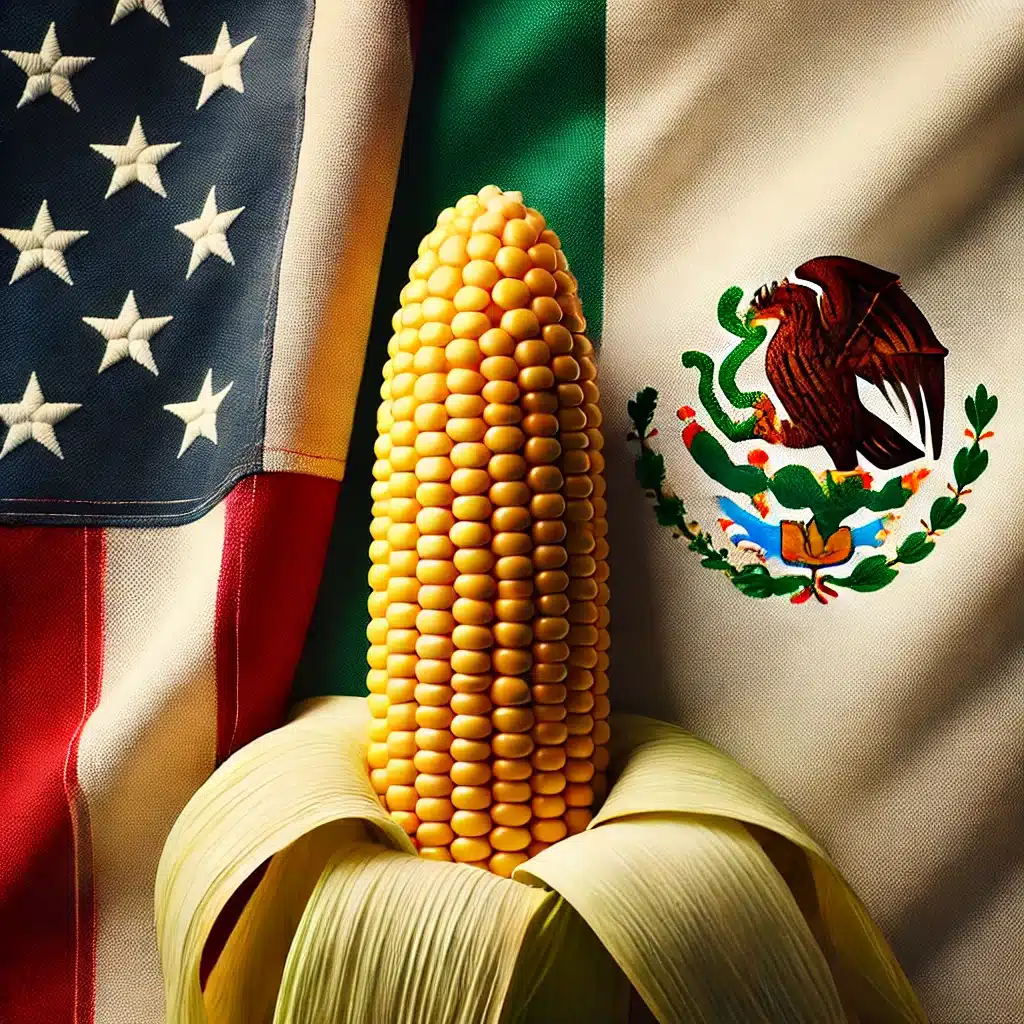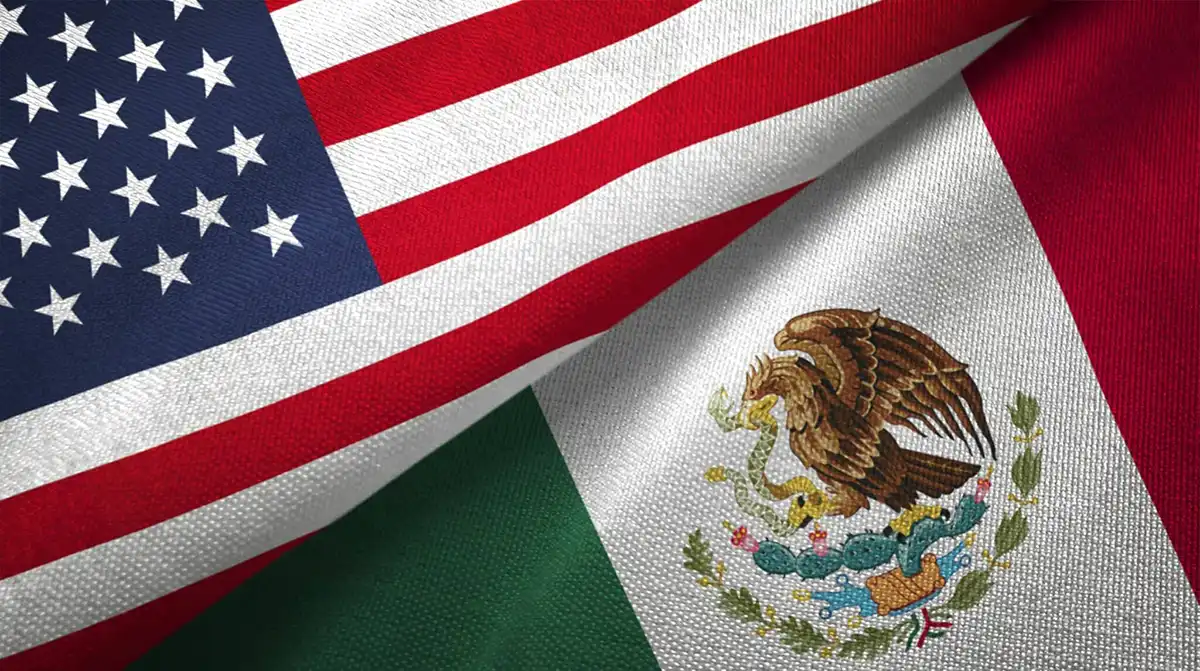The U.S. Department of Agriculture (USDA) commended Mexico’s recent decision to declare ineffective its measures on genetically engineered (GE) corn following a successful challenge by the United States under the USMCA dispute settlement process.
This decision secures approximately $5.6 billion in annual U.S. corn exports to Mexico, a vital market that consistently accounts for nearly 25% of all U.S. corn exports. In 2024, Mexico imported 17.3 million metric tons of U.S. corn, with about 75% used for livestock feed and the remainder for food production, including tortillas and snack products.
The United States is the world’s largest corn exporter, and Mexico has been its top buyer for the past decade. Maintaining this trade relationship is essential for both nations’ agricultural sectors. The USDA, in coordination with the Office of the U.S. Trade Representative (USTR), will continue monitoring Mexico’s compliance with its USMCA commitments to ensure consistent market access.
“Mexico’s action declaring ineffective these GE corn measures is a major victory for U.S. farmers and a testament to President Trump’s decisive leadership on trade. Prompted by President Trump’s leadership and a USMCA panel ruling, Mexico’s action in response to the United States’ successful challenge in the USMCA litigation protects billions of dollars in U.S. exports,” said Kailee Buller, Chief of Staff of the U.S. Department of Agriculture, in a statement on the USDA website. “The Trump Administration will continue to stand up for U.S. farmers and producers, including tackling countries’ unjustified barriers to products of agricultural biotechnology.”
Corn is America’s largest crop, with farmers planting more than 90 million acres annually and producing over 15 billion bushels in 2024. U.S. corn exports to Mexico have grown steadily since the implementation of the North American Free Trade Agreement (NAFTA) and its successor, the USMCA, which reduced trade barriers and improved market access. Ensuring the stability of this export market is crucial for U.S. farmers, rural communities, and Mexico’s growing demand for feed and food products.











